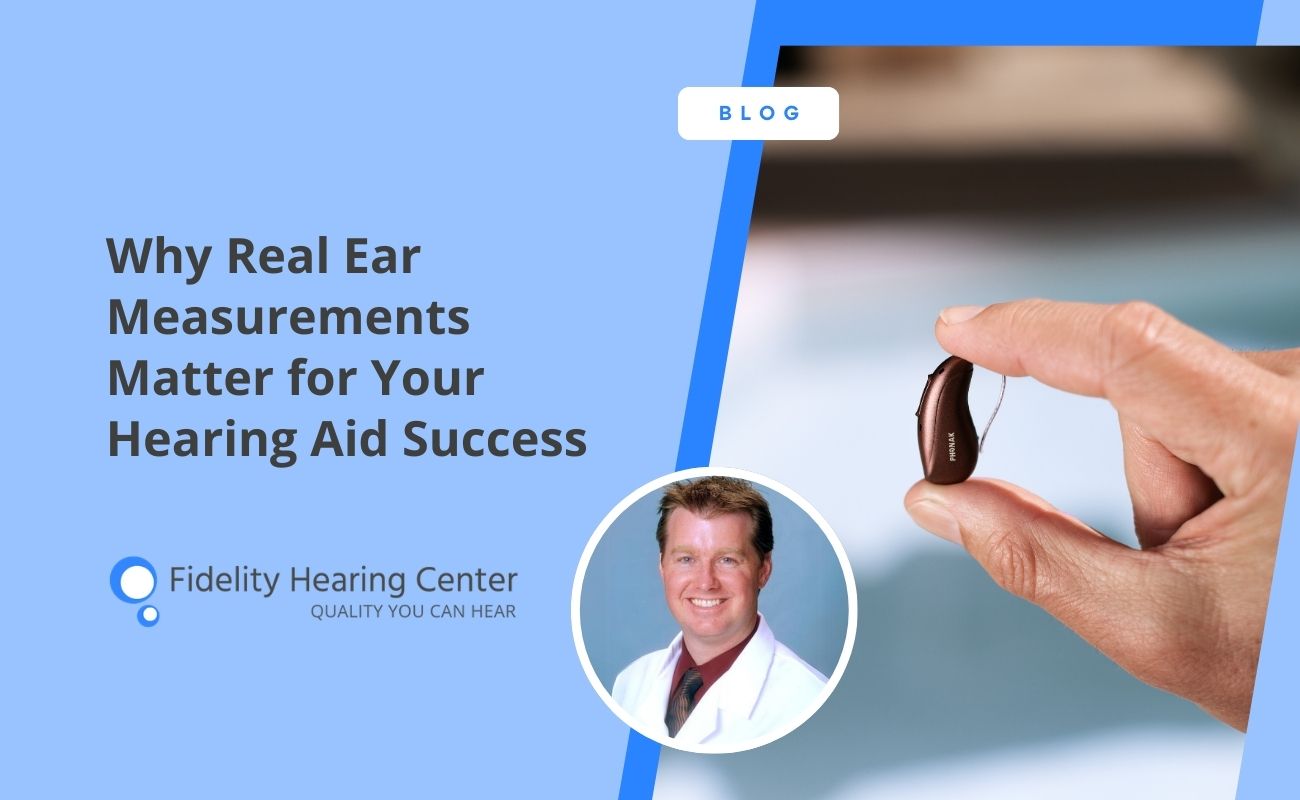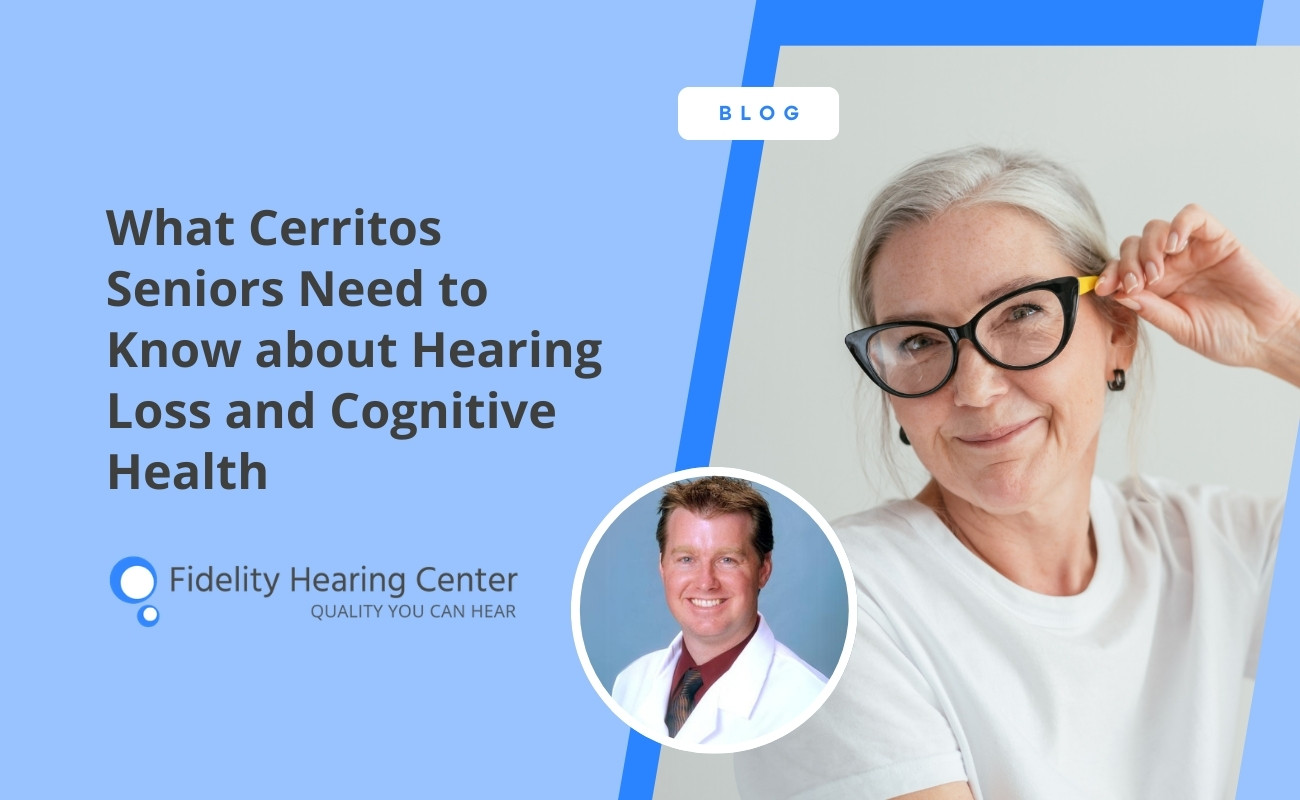Hearing loss isn’t just about missing some of the sounds around you. While it’s true that hearing loss means you’ll have trouble hearing high sounds or soft sounds, hearing loss affects so much more! Your social, mental, and emotional health all suffer. Even your career is in jeopardy! Hearing aids can seem costly, but when weighed against the benefits of returned hearing, the cost seems insignificant. Can you put a price tag on being able to have conversations with your loved ones, or hearing birds sing every morning?
Reluctance to Get Hearing Aids
When you’re hard of hearing, it’s common to put off getting hearing aids, and not realize just how bad your hearing has become. Comments like “It’s only in noisy places that I can’t hear” show that many seniors are trying to rationalize putting off getting hearing aids. Why is this? While the cost is a factor, many people with hearing loss don’t want to admit that they are having difficulty hearing, or acknowledge that they are getting older. The National Council on the Aging reports that two thirds of adults with hearing loss are worried about what others may think of them and are reluctant to seek treatment.
The Cost of Hearing Loss
The cost of untreated hearing loss is tremendous. You’ll see negative outcomes in physical, social, and emotional health. In a New York Times article, Dr. Mark Hammel discusses his hearing loss. He suffered hearing loss as a young man, but didn’t get fitted for hearing aids until he was 57. With untreated hearing loss, he couldn’t hear what people were saying or participate in conversations. This comes with a huge social cost. Not being able to hear, especially in noisy environments like a crowded restaurant, can make you feel awkward and embarrassed, knowing that you are not responding appropriately since you could not hear what was said. Dr. Hammel dealt with this feeling by staying home. This decision leaves you shut off from friends and family, leaving you with feeling alone and isolated. Those with hearing loss are at a much higher risk of low self-esteem, confusion, anxiety, and depression from having fewer social interactions with loved ones.
Hearing loss affects overall health in many ways. Those with hearing loss are more likely to develop dementia, and often suffer from more rapid cognitive impairment. Physical outcomes include greater fatigue, more headaches, and problems eating and sleeping. Even your career is in danger, since doing your job well usually depends on good communication. Those with untreated hearing loss earn less, and lose their jobs more often than those who get hearing aids. Hearing loss can even be a matter of personal safety! With hearing loss, you might not hear the fire alarm, someone shouting, or a vehicle horn warning you of danger. Even simple things like the doorbell or alarm clock are easy to miss.
Can Treatment Improve Health Outcomes?
Yes, getting hearing aids tips the scale back in your favor! Wearing hearing aids can change your life.
A survey by the National Council of the Aging shows that health outcomes are significantly better for those with treated hearing loss. With hearing aids, seniors are more likely to have strong social connections with family and friends, and be less depressed.
Hearing loss is more common than you think, with nearly 48 million Americans suffering from hearing loss. One in three people over the age of 60 have hearing loss, but most people wait years to seek treatment!! Don’t keep quiet about your hearing loss, or think it’s too expensive to get hearing aids. You’ll be missing out on so many sounds, and your quality of life, social interactions, and overall health will suffer. Come see us today at Fidelity Hearing Center, and experience the benefits of better hearing health!






.png)